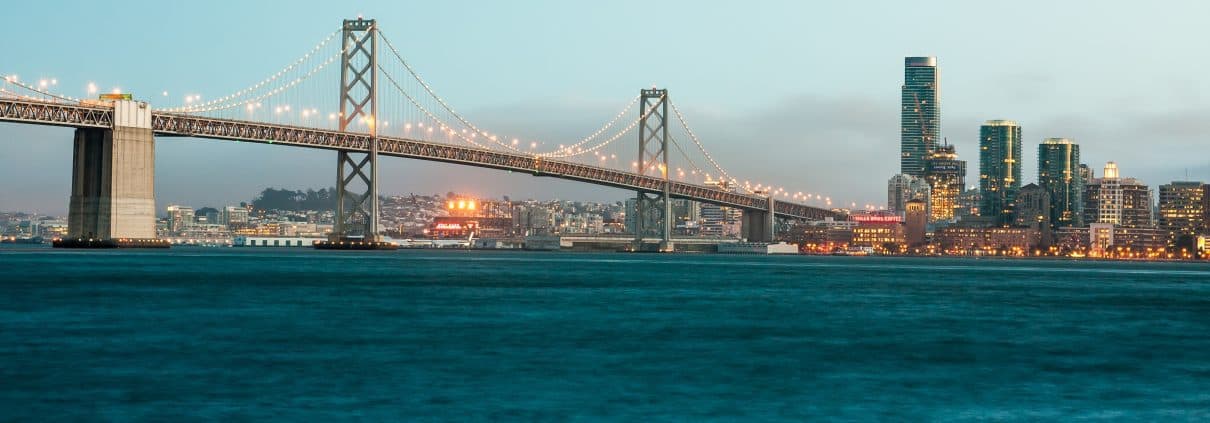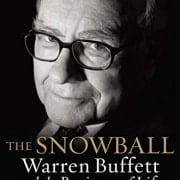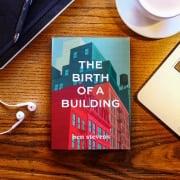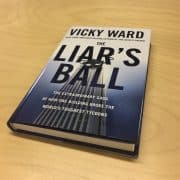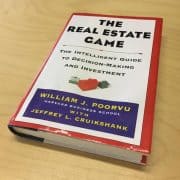Book Review: Triumph of The City
Why I liked “Triumph of The City”
The central theme of this book focuses on cities and their ability to improve the way we live. Although the author made numerous interesting and compelling arguments, I found his writing style a little too academic for my liking. Be that as it may, the author’s methodical approach and 30+ page bibliography where sufficient evidence to convince to me to nevertheless listen carefully to what he had to say. Some of his ideas which I found most insightful are summarized below.
Full Title: “Triumph of The City – How Our Greatest Invention Makes Us Richer, Smarter, Greener, Healthier, and Happier”
Author: Edward Glaeser
Quick note from Spencer: This is the fifth in a series of book reviews we’ll be publishing to A.CRE. This post is written by Guest Author, Matthew de Klerk. A big thanks to Matthew for taking time out of his busy schedule to offer thoughts on this and other important books for real estate professionals.
Cities Spread Knowledge Exponentially
The author aptly describes cities as “the absence of physical space between people and companies”. In cities with highly educated populations, this abundance of interconnectedness is the crucial driver of innovation. When smart people live close to other smart people, they are able to exponentially increase the rate at which they learn and disseminate knowledge.
This idea of “creative collaboration” is not necessarily new. The famous Italian engineer and architect Brunelleschi influenced Donatello and Masaccio, both of whom played key artistic roles during the Florentine Renaissance of the 1400’s. In Athens too, Socrates was a pivotal mentor to Plato, who in turn taught Aristotle; these 3 Greek philosophers went on to collectively lay the foundations of Western Philosophy. The message is clear – densely populated areas leads to enhanced collaboration which drives innovation and growth.
Jevon’s Paradox
Under Jevon’s Paradox, efficiency improvements lead to greater consumption of a particular good. An example would be improvements in fuel efficiency; one would be forgiven for assuming that such improvement would lead to less fuel being consumed. In fact Jevon’s Paradox states the opposite; that increased fuel efficiency results in more fuel being consumed (because there are more cars being sold due to the reduced cost of fuel).
This is relevant within the IT field where technological innovations such as Skype have created a more relationship intensive world rather than decreasing our need for face-to-face interactions. This may seem counterintuitive but if anything, this further emphasizes our desire to maintain deep and meaningful human connections.
History Matters
Winston Churchill famously said “the longer you can look back, the farther you can see forward”, stressing the importance of analyzing history in order to better predict the future. The author does a great job of this by looking at the evolution of various cities over time and what they did to remain relevant and economically prosperous.
What I enjoyed most was his thorough analysis of both the successful (New York) and unsuccessful cities (Detroit aka “Motor City”). Detroit was a boom town up until the 1950’s, after which it steadily declined primarily due to its vast number of uneducated workers who failed to adapt to the new age once the motor industry declined. It is always easier to focus on celebrating our successes rather than analyzing our failures. Marc Twain once said that “history does not repeat itself but it does rhyme” and it is important that we critically analyze why certain cities failed in the first place in order to ensure we do not make the same mistakes again.
The Suburbs Suck
In the USA today, the poverty rate within cities is almost 8% higher than suburban areas. This statistic is incredibly biased however, as the author explains. He discusses how the higher poverty rate in cities is a testament to it strength rather than its perceived weakness. This is because cities attract poor people looking to improve their standard of living, subsequently increasing the population of the urban poor.
We notice that as economically prosperous cities improve life for the poor through better infrastructure (schools, transportation etc.) the poverty rate actually increases rather than declines, because more poor people are drawn to these benefits. As such, I think we shouldn’t be too quick to judge cities with highly impoverished populations as they are clearly doing something right.
Immigrants (We Get the Job Done)
Often when we think of foreigners flocking to cities, we tend to think “overcrowded public infrastructure” or “fewer jobs available for local workers”. Whilst these arguments do warrant some degree of merit, the author lays forth numerous examples of the great benefits to American society that such foreign nationals have brought to the USA, clearly demonstrating a net benefit.
From Alexander Hamilton to Sergey Brin, immigrants have accomplished some remarkable feats which have revolutionized local cities by helping urban areas connect with and learn from other countries. Although globalization and change may be frightening at times, it is crucial that we realize the massive long term economic benefit of increased innovation that makes the tradeoff of accepting foreigners into the country worthwhile.
Rating: 7.5/10
Frequently Asked Questions about “Triumph of The City” by Edward Glaeser

